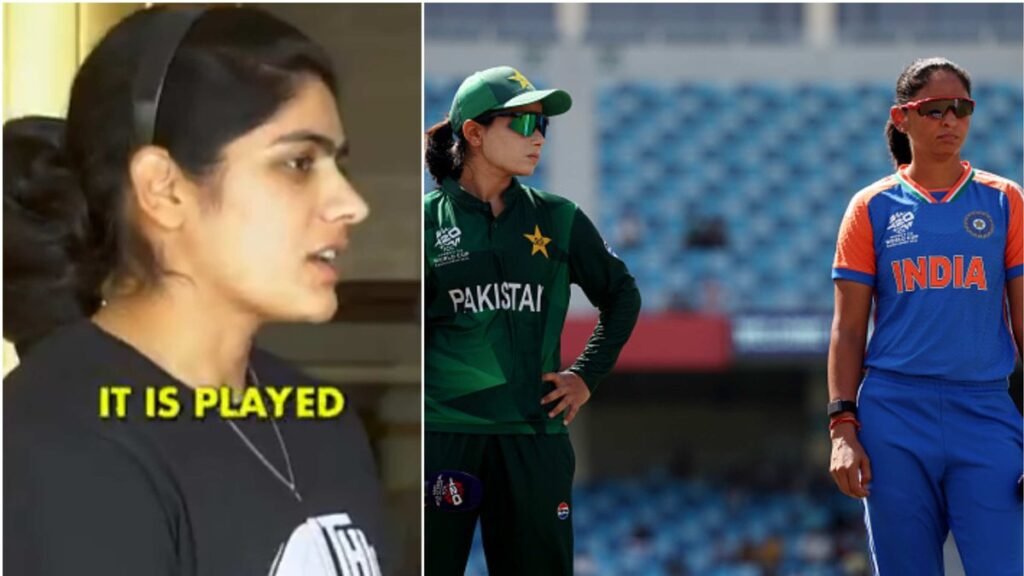
In a candid and firm statement, Pakistan cricketer Gull Feroza addressed the ongoing discussions about future cricket fixtures, making it clear that her team has no intention of playing in India. Speaking to the media, Feroza said, “We know this much that we will play in Asian conditions, and we are not playing in India. This is clear. Neither are we interested in playing in India.” Her remarks have added fresh fuel to the conversation about the venue selections for upcoming tournaments and bilateral series involving Pakistan.
Tensions between India and Pakistan in the sporting arena are not new. Political and diplomatic strains often spill into the world of cricket, leading to limited encounters between the two sides outside of global tournaments. In this climate, Feroza’s comments echo the sentiments of many within the Pakistan cricketing fraternity who feel that playing on neutral venues is the most practical and acceptable solution for the foreseeable future.
Gull Feroza, a rising star in Pakistan’s women’s cricket team, has become known for her straightforward approach both on and off the field. Her clarity about not playing in India reflects a broader national policy, supported by the Pakistan Cricket Board (PCB), which has often expressed reservations about sending its teams across the border citing security and political concerns. The preference for Asian conditions suggests Pakistan would favor countries like the United Arab Emirates, Sri Lanka, or Bangladesh, where pitches and weather conditions mirror those back home.
Historically, the UAE has served as Pakistan’s “home away from home,” hosting numerous series when hosting international cricket in Pakistan was deemed unsafe. Venues like Sharjah, Abu Dhabi, and Dubai have seen Pakistan teams of all levels play competitive cricket without the political baggage that traveling to India entails. Given that the UAE offers pitches similar to the subcontinent, it is not surprising that Feroza and her teammates feel comfortable and confident playing there.
From a sporting perspective, the preference for Asian conditions is also strategic. Pakistani players are well-versed in playing on slow, turning pitches and dealing with humid climates. This familiarity could offer a competitive advantage in matches against teams who are less accustomed to such conditions.
Feroza’s remarks, however, also underline the ongoing challenges that cricket faces in acting as a bridge between India and Pakistan. While there have been rare moments of sportsmanship and camaraderie between the two nations’ athletes, the broader relationship remains fraught, limiting opportunities for fans to witness regular contests between two of the sport’s most passionate supporters.
It remains to be seen how the governing bodies will navigate these complexities. ICC events like the Women’s T20 World Cup or the ODI World Cup may still bring the teams together on neutral soil, but regular bilateral series seem unlikely for now. Feroza’s blunt assessment signals that Pakistan’s position is firm, and the cricket world must accept that alternative venues will continue to be the norm.
For now, fans must adjust to the reality that India versus Pakistan matches, whether in the men’s or women’s games, will happen rarely and under carefully negotiated terms. Feroza’s comments have made it abundantly clear: Pakistan’s cricketers are ready to compete, but not at the cost of their principles.

